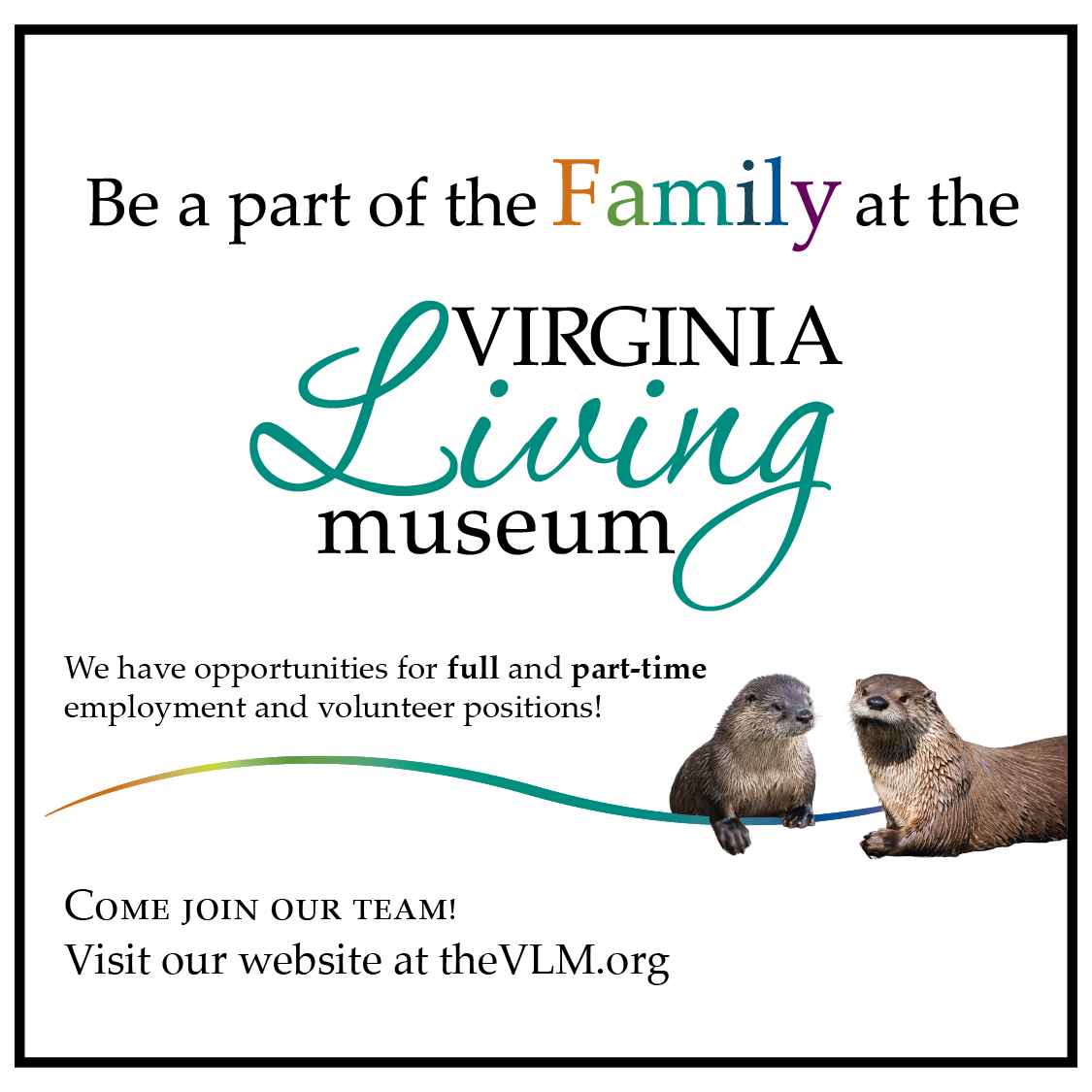Mission Volunteering – Citizen Science: Science through Volunteering!
By Mission Volunteering In Mission VolunteeringMission Volunteering – Citizen Science: Science through Volunteering!


The Virginia Living Museum’s mission is to stimulate awareness and knowledge of the natural world!! Citizen science is one important and fun way in which this mission can be accomplished – the knowledge gained through these programs benefitour volunteers as well as our museum! But what is citizen science?
Citizen science is scientific work conducted with the help of amateur scientists. It is used to gather mass data to be analyzed and studied by professional scientists. It also encourages participation by non-scientists in learning about science and participating in discoveries through acts as simple as identifying galaxies by shape online or observing the local environment. Several different fields make use of citizen science, in particular ecology and astronomy. One of the advantages of citizen science is that little training is needed to participate, as well as the sheer amount of data that this method of research can gather.
Amateur astronomy in particular encourages the participation of astronomers with limited training, who participate through recording their own observations of stars, planets, and asteroids. Sometimes amateurs have made important discoveries or noticed abnormalities that are of interest to trained scientists. Some astronomy programs employ amateurs to help identify star patterns or galaxies to speed up scientific work. Very basic training and no equipment are needed to participate in this, allowing for large-scale participation. The website Citizen Sky is an example of citizen science in action in the field.
Citizen science is also a valuable tool in ecology. Frogs, for example, can be counted by listening to their songs. Different frog species have different songs, which allow citizen scientists to determine which species are present where they live and the general populations of each species. It is easy to carry out – all you have to do to take part is in listening to frog calls where you live and learn the calls of frogs in your area. If carried out yearly, counts can help scientists determine whether species populations are stable or decreasing.
There are many exciting ways to become involved – we have a variety of programs such as Frog Watch USA and Turtle Census that assists in data collection as well as invites volunteer to become more involved in conserving threatened frog species. We have volunteer opportunities in our planetarium and our amazing astronomy department – allowing volunteers to learn more about our night skies!
The possibilities are endless!! Through volunteering you can gain invaluable knowledge and experience that can help protect our natural world and encourage those around you to become more involved too!
Written by Mariel MacGowan, VLM Volunteer.






No Comment
Sorry, the comment form is closed at this time.